Last year, the Directorate General for Research and Innovation of the European Commission published a report titled “Industry 5.0 – Towards a sustainable, human-centric and resilient European Industry” as part of the R&I Paper Series – Policy Brief.
For many readers it may come as a surprise that even as Industry 4.0’s concepts and technological applications are still being digested, the foundations are already being laid for the next industrial revolution. There is no doubt that innovation is necessary for the sustainability and even survival of human beings. For thousands of years, mankind has been adapting to change, mainly climatological at first, later social, military, economic and recently epidemiological. But is it really necessary to create a new paradigm when we are still immersed in the previous one, taking into account that there were only a few decades (minimum) between the last innovative leaps?
Right now, there is a special need for a stronger, human-centric orientation for all new technologies used to obtain (and exploit) data.
This is the first thing that comes to mind when reading the first page of this report. However, on one hand, we must keep in mind that the national and supranational public entities society has built to look out for its interests should always – in my point of view – be anticipating the future. The closer a public entity is to citizens, the more it is expected to focus on solving everyday problems, but this must be complemented with another series of institutions responsible for thinking strategically about what is going to happen (or what we want to happen) next, and that is where this European report fits in.
Upon analysing the document, it becomes clear that we are not talking about a radical revolution of any of the existing concepts. Rather, this is about adding a series of humanistic nuances, in the broadest sense of the word, focusing on certain aspects of I4.0. Perhaps a more appropriate title would have been I4.1, but surely its impact in the media and its potential to motivate and inspire would have gone unnoticed.
From the start, I4.0 has been defined as a drastic revolution from a technological point of view. Its impact on economic relations around us has been studied extensively and much has been written about the new technical profiles needed for this revolution, the jobs that will disappear with the massive introduction of intelligent manufacturing and the advance of artificial intelligence in production processes, and even the new jobs we can’t imagine that will open up in the near future. The impact of I4.0 on GDP has been quantified, countries have been classified according to which ones are most prepared to face the changes, and forecasts have been made for the changes in education needed so today’s young people can handle tomorrow’s challenges.
It is precisely to complement to all these quantitative analyses that I5.0 comes into the picture, introducing the qualitative need for a stronger human-centric orientation in the application of all these new technologies. This is an extended humanistic focus in the sense of expanding the human being as an individual entity to its relationship with the surrounding environment where it lives and relates with its own and the machines it is creating and perfecting.
To better illustrate this new concept, we start from the fundamental premise of data-centricity as the fundamental pillar on which I4.0 has been established. This is understood as interest in the generation, capture, conditioning and intelligent processing of data. This premise is easily verifiable today since, if the data is available, there is the capacity to generate income; and in fact, today the five largest companies worldwide by market capitalisation are dedicated precisely to this task (Microsoft, Amazon, Apple, Alphabet, Facebook).
In recent times, the focus of this technology has been on increasing transmission speed, ensuring integrity or expanding hybridisation options of different data sources. Not much time has been spent analysing the social implications of their use in terms of privacy, digital memory or social stratification. It is not that the need to deal with these social aspects has not been identified, because it has. It is that we still do not know the future social impact of the data that we are generating and storing today, and on the other hand, the progress made. For example, the current legislation for managing cookies in web browsers is light years away from being transparent for users and agile to manage.
Given all of these antecedents, I5.0 adds an additional layer to the technologies of I4.0, adding the concepts of humanism, sustainability and resilience. It shines the spotlight on the development of technology for the ultimate good of Planet Earth’s future inhabitants (taking into account not only the brain, but also the heart), using long-term vision for efficient management of available resources, and on the flexibility, robustness and versatility of technology in the face of severe, rapid changes in surrounding conditions.
For all these reasons, the Industry 5.0 report is more a catalyst aimed at generating a reflection on the super-intelligent world we are creating, than a procedural guide to apply to a new technological dogma. Everyone agrees that this reflection is more necessary now than just a year ago, in the midst of a pandemic, many of the consequences of which remain to be seen.
Link to report by EU: “Towards a sustainable, human-centric and resilient European industry” – [Click here]



